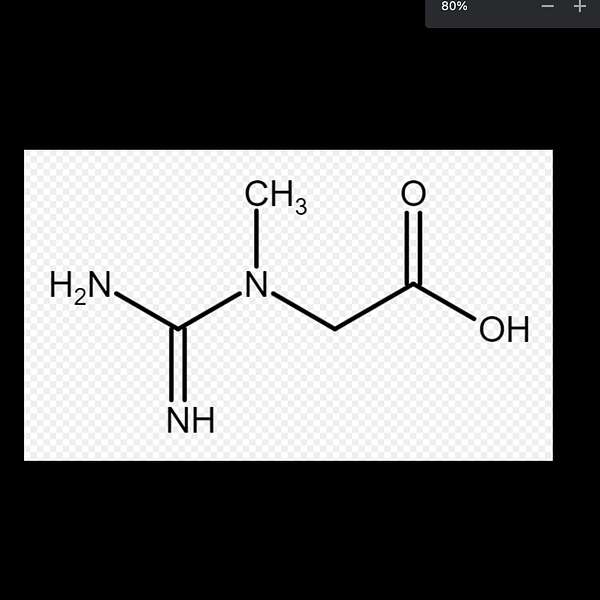
Longevity Metrics
Longevity is the ultimate expression of human health. This podcast is for those rare individuals that seek to optimize their long term health and performance. No false promises, empty claims, or sales funnels. Just evidenced based education and research about the science of aging, how to optimize longevity, diagnostics for measuring health (longevity metrics), lifestyle optimization, environment optimization, disease prevention, prediction, and management. If you want to move the needle on your longevity, this is the place! If you want the latest research on longevity, here we go!
Longevity Metrics
61. Creatine
Summary
Phosphocreatine is a molecule that can recharge ADP into ATP. This provides energy to skeletal muscle and the brain. Dietary and supplemental creatine can raise the bodies stores of phosphocreatine, providing additional energy. In this podcast, we discuss creatine, what is is, how it works, why it is useful, and how to supplement it.
Morbidity and Mortality
After age 30, most people loose around 5% of their muscle mass per decade. Six million people in the United States are diagnosed with Alzheimer’s dementia and this number is increasing every year. As such, preserving muscle and brain function are cornerstone of all anti-aging strategies.
Story
Creatine was first discovered in muscle in 1832. For over 100 years, it has been known that supplementing creatine increases phosphocreatine levels in skeletal muscle. Since the early 1990s, creatine has been marked as a dietary supplement. The use of creatine has become extremely popular over the last 3 decades and its potential benefits to cognitive and nerve function have only recently been explored/discovered.
Key Points
1. Creatine is a small amino acid like, nitrogenous molecule found in skeletal muscle and the brain.
2. Creatine is phosphorylated to phosphocreatine by creatine kinase. Phosphocreatine can then transfer a phosphate to ADP, making ATP. ATP is a molecule that is the main source of energy for the body.
3. Improved strength, bone health, cognitive function, recovery from TBI, heart health, and improvements in triglyceride are often seen with creatine supplementation.
4. Supplementing 5 to 10g of creatine a day should be considered in many individuals, including non-athletes. Creatine has an excellent track record for safety, but possible side effects will be discussed.
5. Muscle cramps are common when taking creatine. Stay hydrated and consume adequate salt. Be careful not to overuse your muscles or injure yourself when taking creatine.
References
- Forbes SC, Cordingley DM, Cornish SM, Gualano B, Roschel H, Ostojic SM, Rawson ES, Roy BD, Prokopidis K, Giannos P, Candow DG. Effects of Creatine Supplementation on Brain Function and Health. Nutrients. 2022
- Creatine. Wikipedia.
- de Souza E Silva A, Pertille A, Reis Barbosa CG, Aparecida de Oliveira Silva J, de Jesus DV, Ribeiro AGSV, Baganha RJ, de Oliveira JJ. Effects of Creatine Supplementation on Renal Function: A Systematic Review and Meta-Analysis. J Ren Nutr. 2019
- Aguiar AF, Januario RS, Junior RP, et al. Long-term creatine supplementation improves muscular performance during resistance training in older women. Eur J Appl Physiol. 2013
- Chilibeck PD, Chrusch MJ, Chad KE, Shawn Davison K, Burke DG. Creatine monohydrate and resistance training increase bone mineral content and density in older men. J Nutr Health Aging. 2005
- Groeneveld GJ, Beijer C, Veldink JH, Kalmijn S, Wokke JH, van den Berg LH. Few adverse effects of long-term creatine supplementation in a placebo-controlled trial. Int J Sports Med. 2005